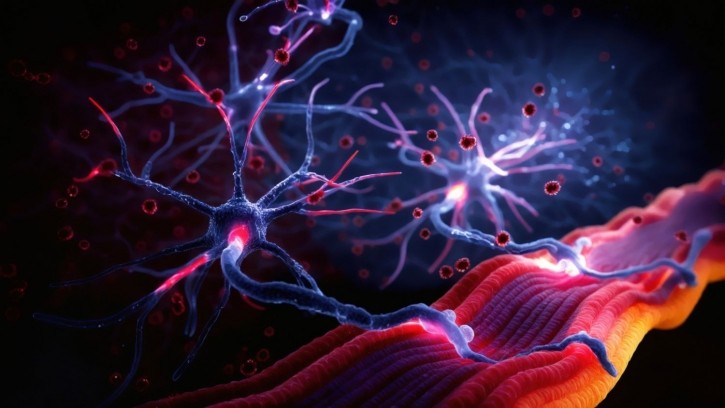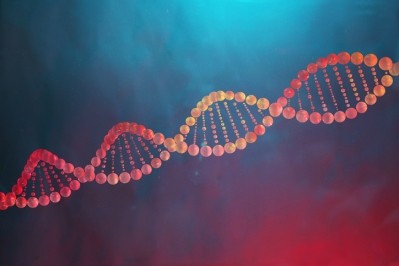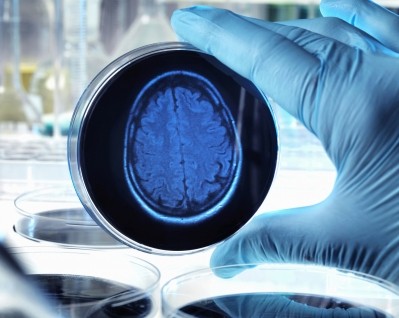Neuromuscular diseases in crosshairs in Forge Biologics gene therapy collaboration

There is a wide range of neuromuscular diseases with well-known examples including Duchenne muscular dystrophy, mitochondrial diseases such as Friedreich’s ataxia and neuromuscular junction diseases such as myasthenia gravis. Many ultra-rare neuromuscular diseases arise from a genetic mutation that leads to weakness and paralysis and the vast majority lack any effective treatments.
To increase the options available to patients with ultra-rare conditions, the Ajinomoto Co-owned Forge Biologics is lending its biologics manufacturing expertise to the MDA’s recently-launched Kickstart Program. The program has the mission to make it easier for gene therapies for these diseases to get from the lab to the market.
“For these ultra-rare therapies to effectively reach the patient community, they traditionally require transitioning from the academic research space to a commercial drug development pipeline; but, because of the small market sizes of many of these diseases, they have only marginal, if any, commercial value,” Forge Biologics chief commercial officer John Maslowski told BioPharma Reporter.
To address this obstacle, the MDA’s program aims to bridge the gap between early academic science and commercial drug development and harnessing regulatory incentives to improve the profitability of the products for drugmakers. Its main focus is to equip early-stage gene therapy developers with the manufacturing and preclinical data packages that they need to gain regulatory clearance to test their therapies in clinical trials for the first time.
Gene therapies for neuromuscular diseases complex
As part of the collaboration, Forge will offer process and analytical development manufacturing services at the Hearth, its gene therapy manufacturing facility in Columbus, Ohio, US. These include its HEK293 suspension Ignition Cells, in which the viral vectors are produced, and pEMBR™ adenovirus helper plasmids, which carry the genetic instructions for making the viral vector.
Manufacturing AAV gene therapies is a very complex process with all indications having their challenges, Maslowski said. For example, gene therapies for neuromuscular diseases can have high yield requirements for dosing while simultaneously achieving low residual impurities in the final product. Forge’s facilities and expertise aim to overcome these challenges by helping users to efficiently scale up the manufacturing of their products.
The global gene therapy market is set to soar from $8.75 billion in 2023 to $52.40 billion in 2033, fuelled by a growing amount of research, regulatory approvals and investment in the technology. At the same time, big pharma companies and contract development and manufacturing organizations (CDMOs) are expanding their production capacity to match growing demand for gene therapies.
Last year, Forge also sealed collaborations with the California Institute for Regenerative Medicine to assist the production of gene therapies in the state, and with the New Hope Research Foundation to co-develop a gene therapy for lysosomal storage diseases including GM2 gangliosidosis.










